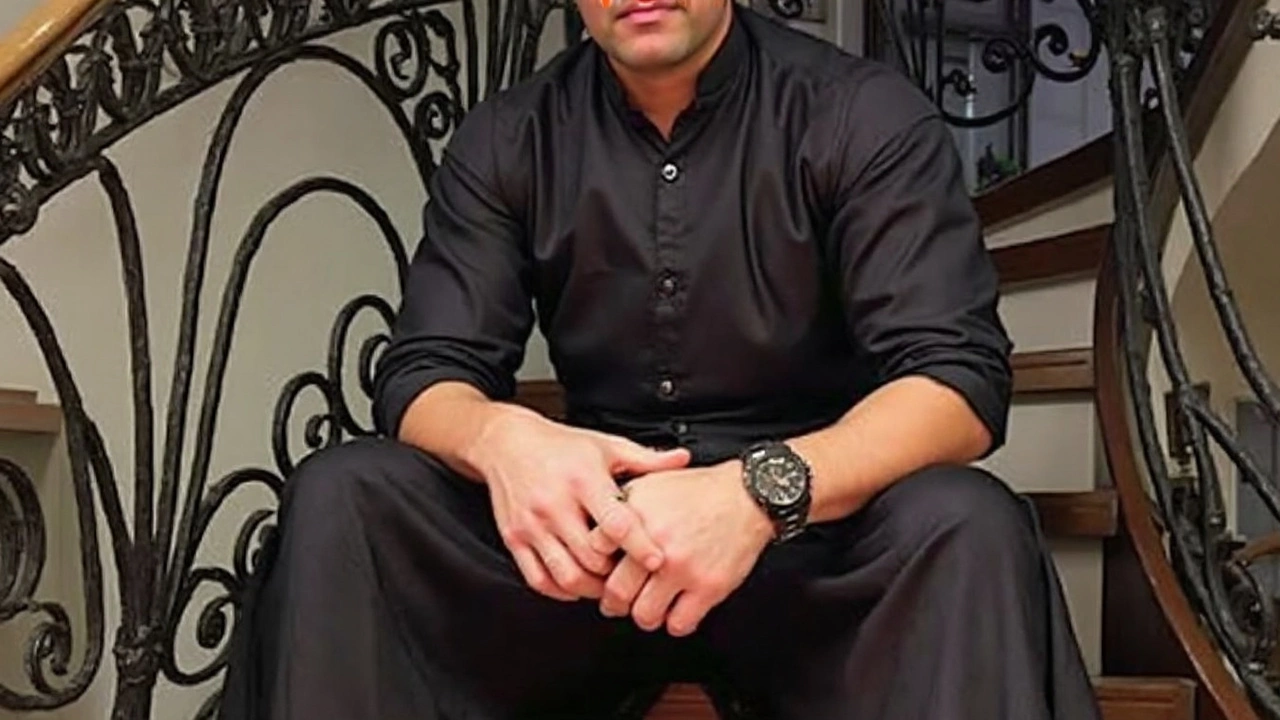Financial Prudence: Simple Steps to Keep Your Money Safe and Growing
Ever wonder why some people seem to always have cash on hand while others are constantly scrambling? The secret isn’t a lucky break; it’s plain old financial prudence. It means making choices that protect your money today and set you up for a better tomorrow. Below, we break down why it matters and give you easy‑to‑use tricks you can start using right now.
Why Financial Prudence Matters
First off, being financially prudent helps you survive surprises. Think about the 50% U.S. tariff that hit Indian carpet makers – businesses that had a cash cushion could pay extra duties without shutting down. On a personal level, a modest emergency fund can stop a medical bill from turning into debt. In both cases, a small habit of setting aside money creates a safety net that keeps stress low and options open.
Second, prudence fuels growth. When you control spending, you free up cash to invest in something that matters – whether that’s a new skill, a side hustle, or a low‑risk investment. The key is to treat every rupee as a resource you can allocate wisely, not just a number that disappears.
Everyday Strategies to Save and Grow
Start with a quick budget check. List your income, then your regular expenses. Anything that’s not a need (streaming services, impulse buys) should be trimmed first. Even cutting ₹500 a month on coffee adds up to ₹6,000 a year – that’s a mini emergency fund without feeling deprived.
Next, automate savings. Set up a standing instruction that moves a fixed amount to a separate account the day you get paid. You won’t miss what you never see. If you earn variable income, pick a percentage (say 10%) and move that each time you receive money.
Watch for big‑ticket risks. The carpet industry story shows that reliance on one market can be dangerous. Diversify where you earn or invest. For a freelancer, that might mean taking projects from two platforms instead of just one. For a small business, it could involve exploring export markets beyond the U.S.
Finally, keep learning. Simple financial literacy – understanding interest, inflation, and tax benefits – lets you make smarter choices. Use free online resources or short YouTube explainers; a 15‑minute video can save you hours of financial headaches later.
Remember, financial prudence isn’t about being stingy; it’s about being intentional. By tracking where your money goes, protecting yourself from shocks, and putting extra cash to work, you build a stronger financial foundation that lets you enjoy life without constant worry.
